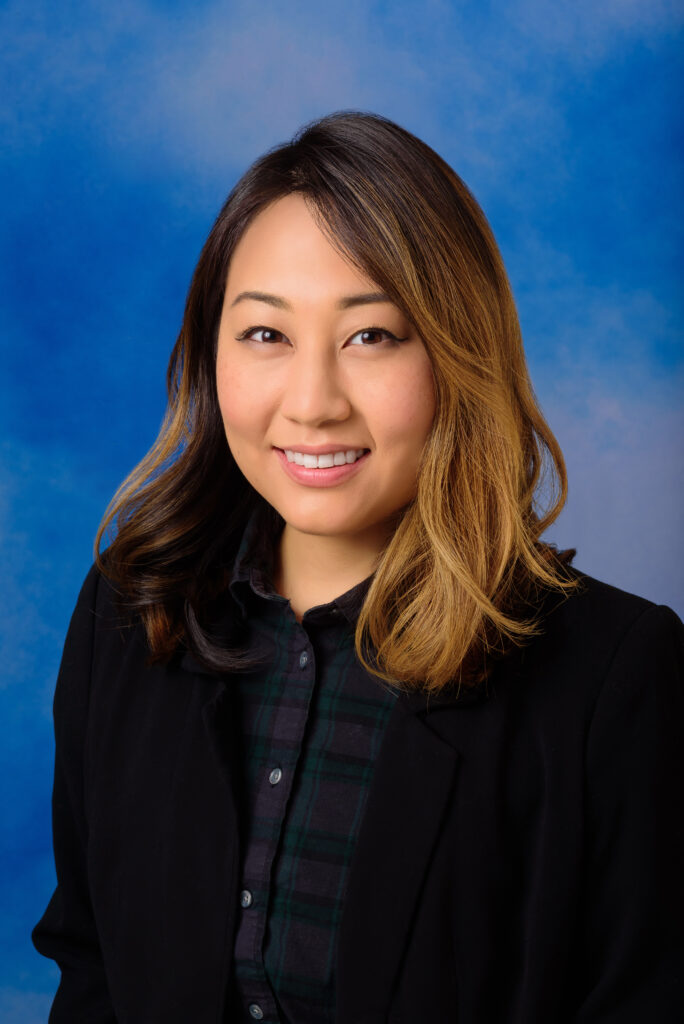News
To aid blood cancer patients, Wright Center resident physician will conduct ‘Be The Match’ donor registration event on Nov. 9
Dr. Ashley Zhan, a resident physician training at The Wright Center for Graduate Medical Education, is joining with the national “Be The Match” campaign to add individuals to its donor registry and potentially save the lives of people with blood cancers such as lymphoma and leukemia.
Dr. Zhan, who is in her third year of The Wright Center’s four-year psychiatry residency, has organized a blood stem cell donor registration event that will be open to her colleagues as well as the public.
The event is scheduled from noon to 2 p.m. on Thursday, Nov. 9, in the auditorium of The Wright Center for Community Health Scranton Practice, 501 S. Washington Ave.

Dr. Ashley Zhan
Participants between the ages of 18 and 35 will be asked to complete an online registration form and submit a DNA sample using a cheek swab kit, which is then mailed to the “Be The Match” registry. The entire registration process, including the 20-second swab, takes only a few minutes.
“It’s quick and easy,” says Dr. Zhan. “There are going to be volunteers on hand to help facilitate everything and answer questions.”
This and similar registration events elsewhere – which are often held on college campuses and promoted by encouraging young adults to “give a spit” – help to raise awareness about blood cancers and the need for genetically matched blood stem cell donors.
Someone in the United States is diagnosed with blood cancer every three minutes, according to “Be The Match.” In certain cases, cancer patients can pursue a cure by turning to a family member, typically a brother or sister, who matches their human leukocyte antigen, or HLA, type, and agrees to provide stem cells or bone marrow.
“However, 70% of patients do not have a fully matched donor in their family” and need to search more widely, according to information from the U.S. Health Resources and Services Administration.
Dr. Zhan and others who are keenly aware of health disparities facing the nation’s Black, Latino, and other minority populations are quick to emphasize that a patient is far more likely to match with a person of the same ethnic background, making it essential that the potential donor pool be richly diverse.
“There’s a great need for people of color, people from different racial and ethnic backgrounds, to join the registry,” Dr. Zahn says.
If you join the registry and are determined to be a potential match, you will be contacted for further evaluation. The vast majority of people who are ultimately selected as donors will give blood stem cells during a process very similar to donating plasma. In 10 percent of cases, donors will be asked to provide bone marrow through a surgical procedure.
This marks the second year in a row that Dr. Zhan, a graduate of the Touro College of Osteopathic Medicine, has conducted a “Be The Match” event at The Wright Center’s primary and preventive care practice in Scranton’s South Side neighborhood. At last year’s event, she and other volunteers registered 25 people.
For more information about joining the “Be The Match” registry, or to sign up to receive a swab kit at home, visit bethematch.org.








